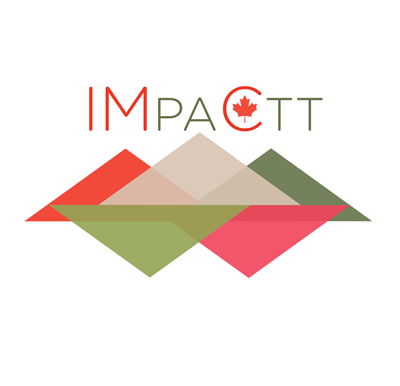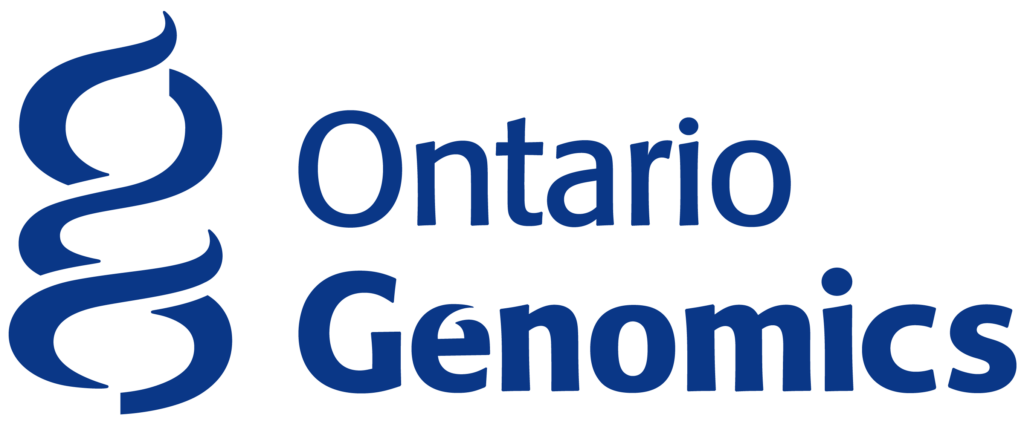Microbes are everywhere and the study of microbiomes has become a multidisciplinary science involving microbiology, statistics, computer science, and molecular biology to elucidate the impact of microbes in various ecosystems, including the human body. Microbiomics, the study of microbes without first culturing and isolating the organisms, has become the principal approach to exploring the diversity, function and ecology of microbial communities. The CBW in collaboration with IMPACTT has developed a 3-day course providing an introduction to marker-gene analysis, metagenomic and metatranscriptomic data analysis followed by hands-on practical tutorials for each session to demonstrate the use of relevant bioinformatics and statistical tools. Modules will consist of lectures covering both theoretical and practical components followed by hands-on bioinformatic tutorials guided by instructors and teaching assistants.
Participants will gain practical experience and skills to be able to:
- Design appropriate microbiome-focused experiments
- Understand the advantages and limitations of metagenomic data analysis
- Devise an appropriate bioinformatics workflow for processing and analyzing microbiome sequence data (marker-gene, shotgun metagenomic, and metatranscriptomic data)
- Apply appropriate statistics to undertake rigorous data analysis
Graduates, postgraduates, staff bioinformaticians and PIs working with or about to embark on analysis of marker genes, metagenomic, and metatranscriptomic data from microbiome-focused experiments.
You will require your own laptop computer. Minimum requirements: 1024×768 screen resolution, 2.4GHz CPU, 8GB RAM, 100GB free disk space, recent versions of Windows, Mac OS X or Linux (Most computers purchased in the past 3-4 years likely meet these requirements).
This workshop requires participants to complete pre-workshop tasks and readings.
Module 1: Introduction to the microbiome
- A brief history of microbiome studies
- Review of relevant terms (microbial communities, microbiome, species, metagenome, marker genes, metatranscriptomics)
- Technologies used in meta’omics
- Overview of workshop
Module 2: Marker Gene Profiling
- Overview of amplicon sequencing: pros & cons
- Popular amplicon targets (e.g. 16S, 18S, etc.)
- Outline of key steps in a 16S bioinformatic analysis
- Description of major bioinformatic packages with a particular focus on QIIME.
Lab Practical
Module 3: Microbiome statistics and visualizations
- Overview of microbial ecology metrics (alpha + beta diversity)
- Challenges with microbiome data and compositionality
- Relative vs absolute abundance
- Differential abundance tests
- Common visualization methods and packages
Lab Practical
Module 4: Introduction to Metagenomics & Read-based Profiling
- Challenges and benefits of metagenomic data
- Comparison of major approaches (read based vs assembly based)
- Importance of sequencing depth and host contamination
- Approaches for assigning taxonomy and functions to short read data
- Microbial gene annotation and normalizations
- Lab focused on taxa and functional profiling of short reads
Lab Practical
Module 5: Metagenomic Assembly and Binning
- Overview of binning theory/approaches, advantages/disadvantages
- Quality metrics for assembly and binning
- Genome-resolved metagenomics: inferring taxonomy and function
Lab Practical
Module 6: Metatranscriptomics
- What is metatranscriptomics and why we use it
- Differences in sampling and sequencing for metatranscriptomics
- Processing metatranscriptomic data
- Systems analysis and visualization
Lab Practical
Module 7: Sample collection and sample processing considerations
- Collection, extraction, and sequencing biases
- Approaches for improving data reliability
- Spike-in and technical controls
Module 8: Setting up a clinical microbiome study
- Important ethical considerations
- Types of samples to collect and biological controls
- Power calculations
- Follow up validations
Duration: 3 days
Start: Jul 05, 2023
End: Jul 07, 2023
Status: Registration Closed
Workshop Ended

Canadian Bioinformatics Workshops promotes open access. Past workshop content is available under a Creative Commons License.
Posted on:
 Download the poster announcing this workshop
Download the poster announcing this workshop



